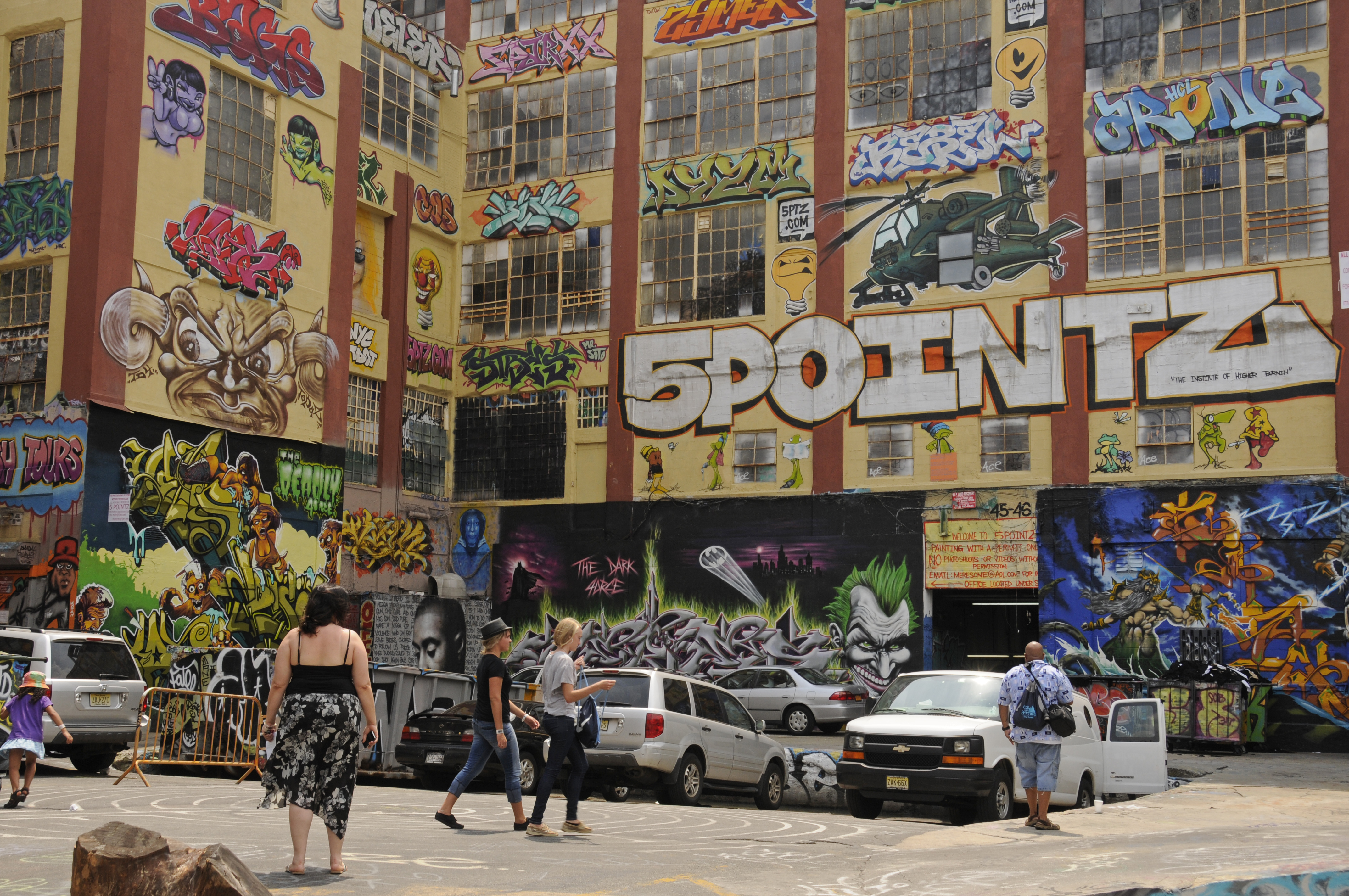
The hits just keep coming for G&M Realty, the Queens real estate company that lost a landmark case against a group of graffiti and aerosol artists for whitewashing their work on a sprawling set of buildings it owned in Long Island City, Queens. The developer must now pay more than $2 million in attorney fees on top of the $6.75 million initially awarded to the artists who sued the company for violating the Visual Artist Rights Act (VARA) in 2018.
The decision issued this month, first reported by Law360, brings the total fees paid out by G&M Realty to a whopping $8.75 million in a case widely seen as critical for the rights of graffiti artists and others whose work lacks an established market value.
Eric Baum, the attorney who represented the artists, says the outcome “will encourage attorneys to accept challenging art law cases and ensure that artists will always have access to legal representation to stand up for their rights.” Scott Gant, who represents G&M Realty, declined to comment.
Despite efforts by G&M Realty to overturn the award on appeal, the initial decision was upheld last month when the US Supreme Court declined to hear the case. G&M Realty’s longtime owner, Jerry Wolkoff, died in July at the age of 83, but his company is still liable for the damages.
Wolkoff purchased the property in the mid-1990s, when the surrounding area of Long Island City was mostly industrial and commercial, not the residential haven it is today.
Art from 5Pointz by Kid Lew, as included in Google’s Street Art Project.
Wolkoff initially granted permission for artists to come and leave their mark on the building under the stewardship of artist Jonathan Cohen (aka Meres One), who supervised the process for many years. Artists from all over the world visited the site, which became known as a mecca for street and aerosol artists.
Tensions arose when Wolkoff decided to redevelop the property as condos. The artists unsuccessfully sought a restraining order as part of an effort to protect their work. On the evening of November 19, 2013, the space was whitewashed in the middle of the night, covering over all of the artworks.
In 2018, Brooklyn Supreme Court Judge Frederic Block ruled that the company’s owner violated the rights of the artists. In February, an appeals court agreed, describing the developer’s sudden whitewashing of the space as “an act of pique and revenge.”
According to Law360, the artists’ prior counsel, Roland Acevedo and Jeannine Chanes, will receive $159,000, according to the joint stipulation. Acevedo and Chanes represented the plaintiffs from 2013 until Eisenberg & Baum took over in June of that same year.